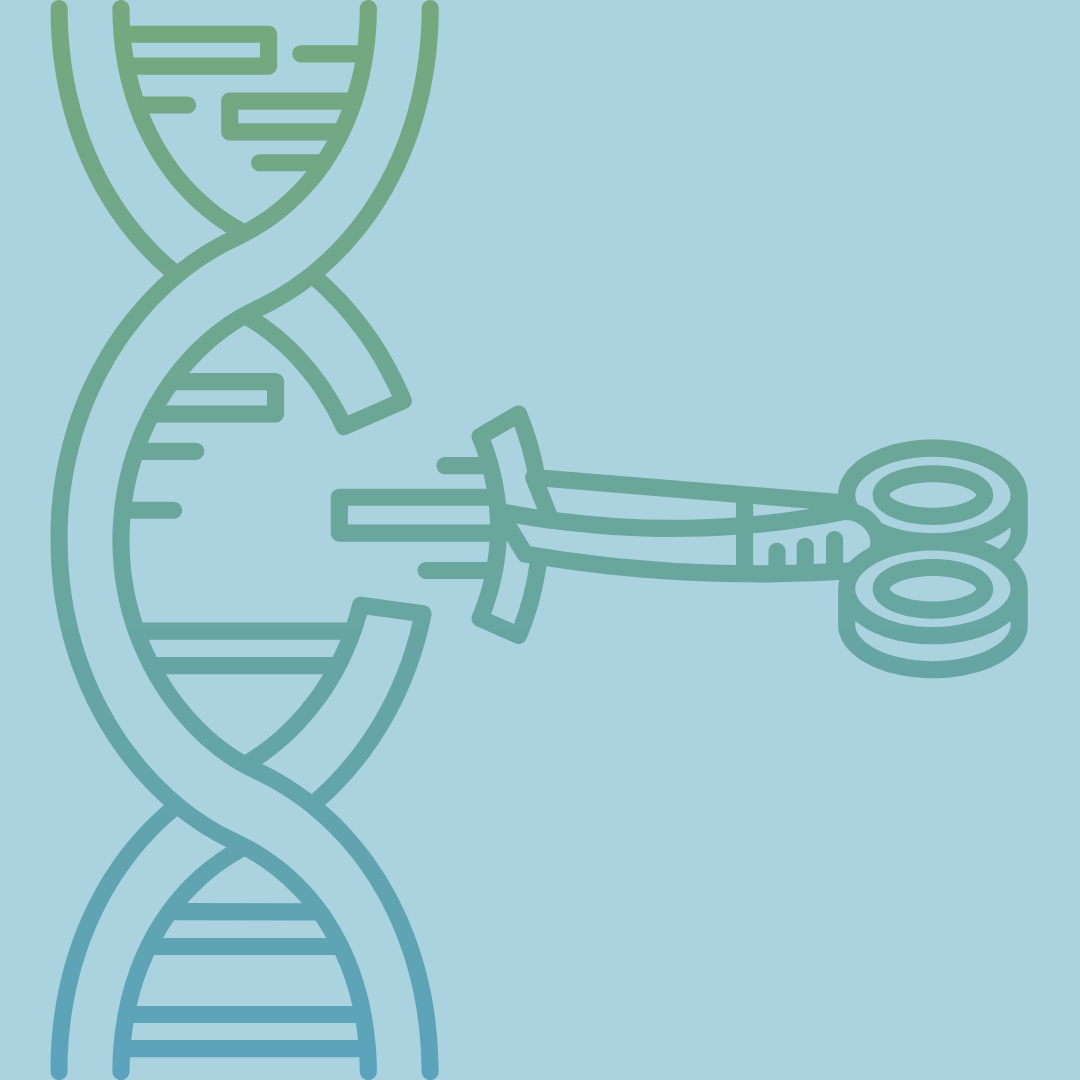What are the lines and who draws them?: The CRISPR-Cas9 story
By Sara Moretto,
The Varsity
| 09. 22. 2024
It was 2020. I was wrapping up grade nine science with a solid 60 per cent, hoping that if anyone saw my failed tests in the recycling bin, it would contribute to an air of mystery about me. This reason was preferable to the truth, which was that I was sick and I had been for a while. I didn’t like many subjects, least of all science, with its academic rigour and air of superiority. I felt that science was a body of knowledge sealed behind textbooks for those people who were suited to learn. It was for the people who understood pharmacy through reactions; physiology through diagrams; and who are essentially healers armed with multi-coloured highlighters.
In the same year, biochemists Emmanuelle Charpentier and Jennifer Doudna were studying bacterial immune systems. Bacteria defend themselves from invading viruses differently than humans. After an infection, bacteria store chunks of invading viral genetic material within their DNA for later reference, like a molecular ‘Wanted’ poster for future viral attacks. These bacteria store what they learned from the viruses in a section called the clustered...
Related Articles
By Anna Louie Sussman, The New York Times | 04.01.2025
When Noor Siddiqui was growing up, her mother developed retinitis pigmentosa, a condition that leads to gradual vision loss. When Ms. Siddiqui’s mother was in her 30s, she began going blind. Last summer, Ms. Siddiqui told a podcast host that...
By Amanda Hess, The New York Times | 04.05.2025
Image "Elon Musk" by Debbie Rowe on Wikimedia Commons licensed under CC by S.A. 3.0
For months, an internet-wide guessing game has swirled around the question of where Elon Musk’s intelligence falls on the bell curve. President Trump has called...
By Peter Wehling, Tino Plümecke, and Isabelle Bartram
| 03.26.2025
This article was originally published as “Soziogenomik und polygene Scores” in issue 272 (February 2025) of the German-language journal Gen-ethischer Informationsdienst (GID); translated by the authors.
In mid-November 2024, the British organization Hope not Hate published its investigative research ‘Inside the Eugenics Revival’. In addition to documentating an active international “race research” network, the investigation also brought to light the existence of a US start-up that offers eugenic embryo selection. Heliospect Genomics aims to enable wealthy couples to...
By Dalton Conley, The New York Times | 03.13.2025
Since Francis Galton coined the phrase “nature versus nurture” 150 years ago, the debate about what makes us who we are has dominated the human sciences.
Do genes determine our destiny, as the hereditarians would say? Or do we enter...




